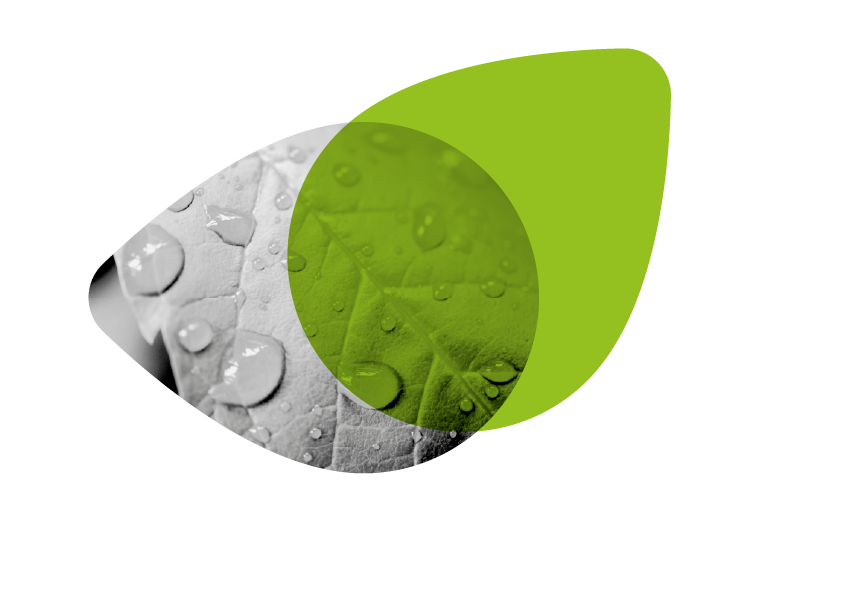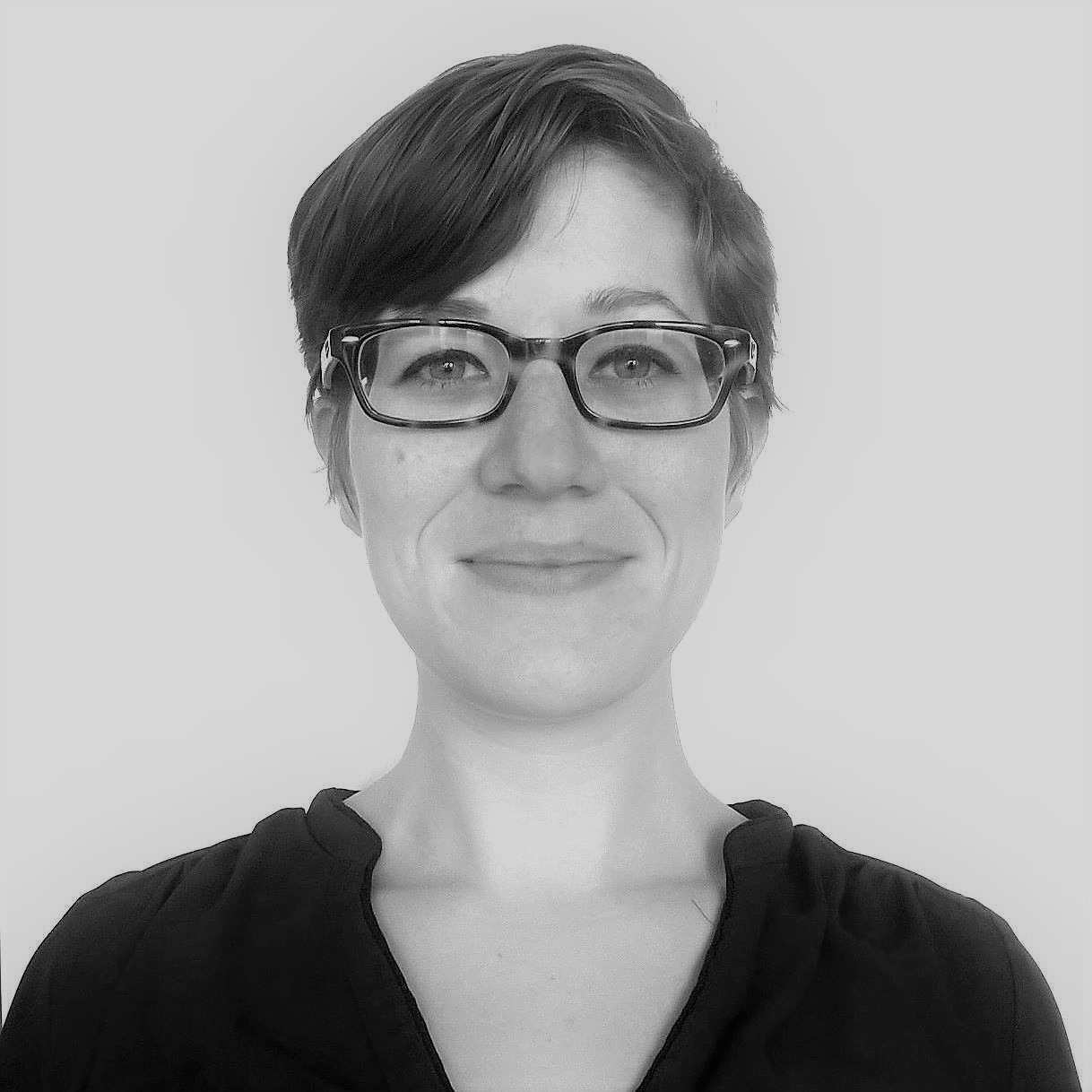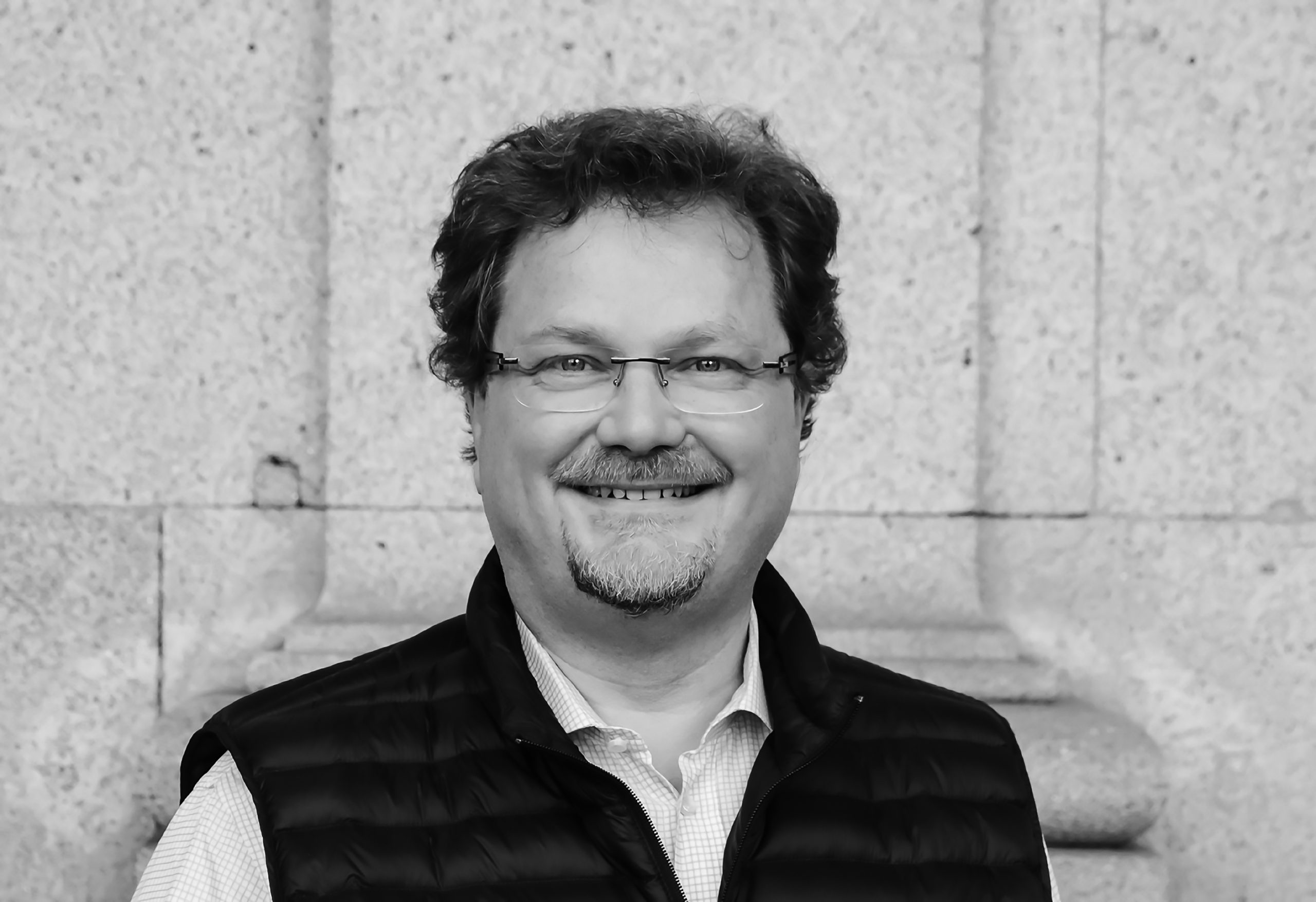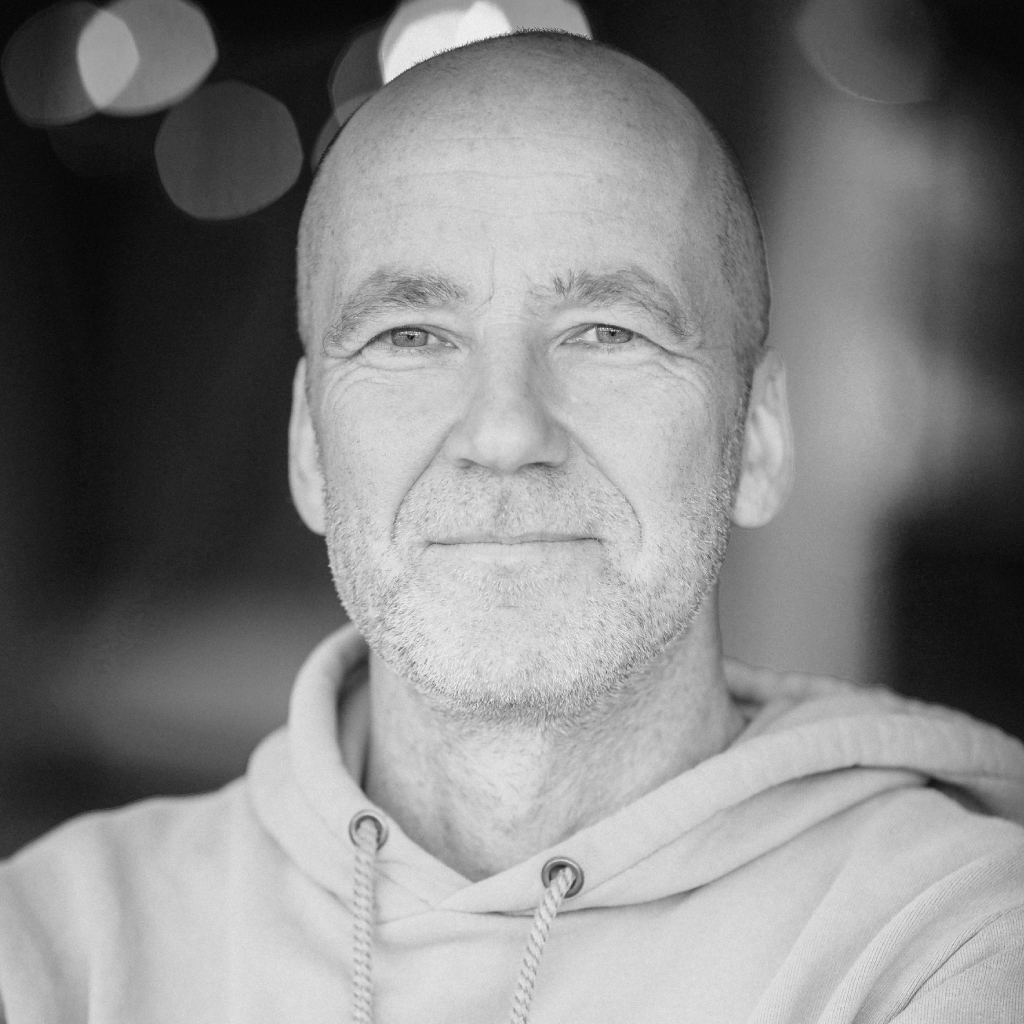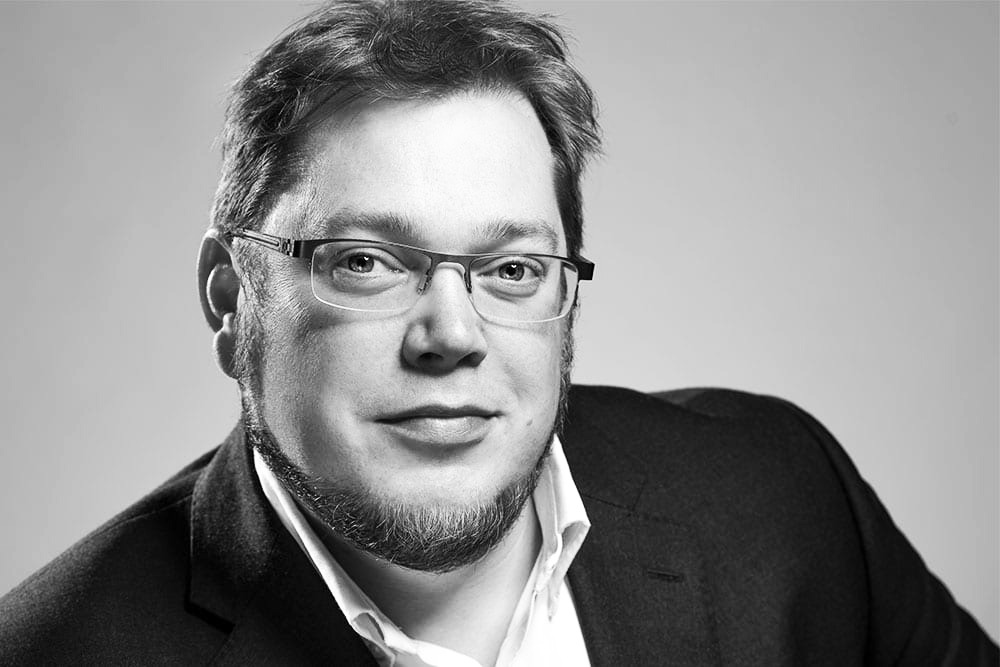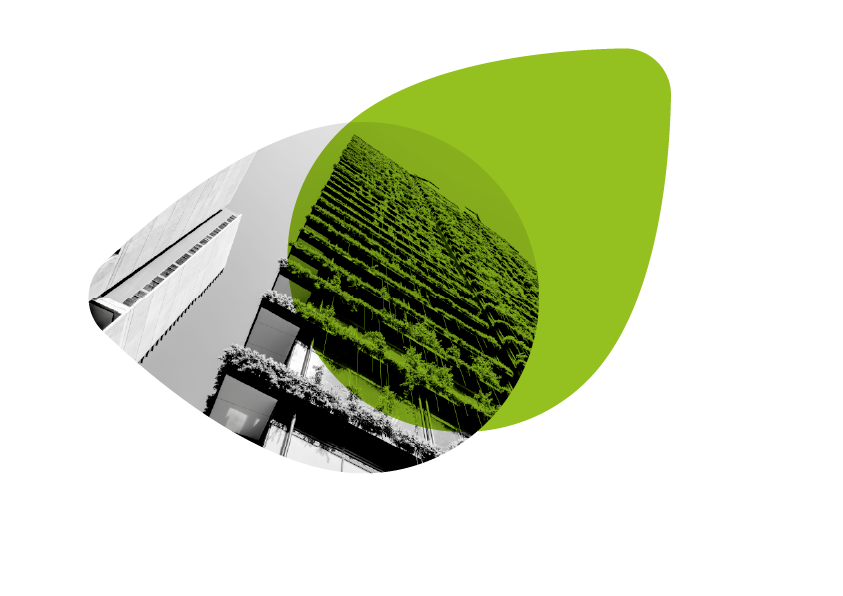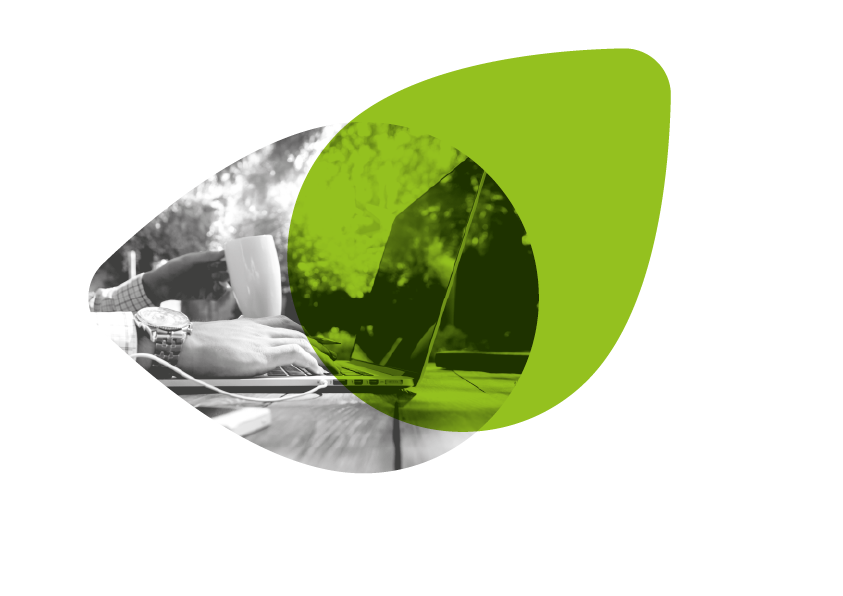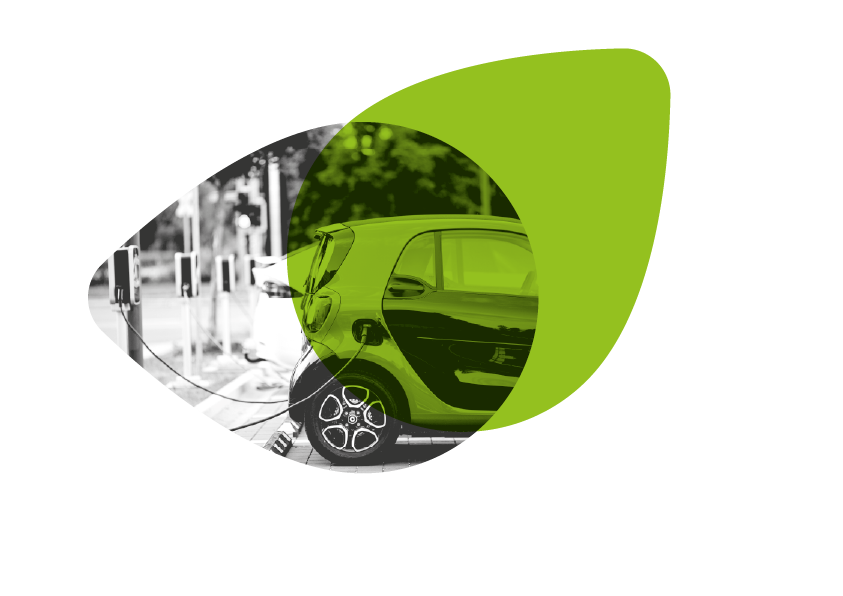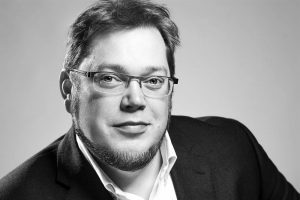
Alex Chalkley
Founder // CEO
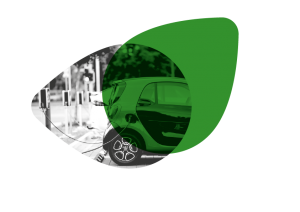
About this webinar
We were invited to give a webinar to the clients of Newable – mainly innovation-driven SMEs – about how to access EU grant funding. In particular, accessing collaborative R&D grant projects with partners across Europe.
We recorded the session and that is provided for you here. We have also provided a text summary og the topics and questions covered below.

By loading the video, you agree to YouTube's privacy policy.
Learn more
Speakers:
Alex Chalkley
Co-founder of Impact Funding Europe. Experience in grant writing since 2009.
Olaf-Gerd Gemein
Co-founder of Impact Funding Europe. Experience in grant funding started in 2013.
Grant Funding rates for different organisation types
There are two key elements to this:
Different organizations taking part in collaborative R&D projects are eligible to get different levels of funding. SMEs generally are eligible for 70% funding as a rule and universities are eligible for a 100%. Research institutions, public bodies, cities, charities, not-for-profits, all of whom are welcome to collaborate are eligible to have a 100% of their costs covered.
How does grant funding work for large businesses? Likely to be 40% – 50% match funfing from EU grant projects.
A group of SMEs, large companies and other organisations could form an association which would then be eligible for 100% EU grant funding.
Horizon Europe and collaborative R&D funding
The Funding and Tenders portal is the place to find calls for EU grants, look for collabortive partners and start your application.
RIA / IA / CSA
The three different types of calsl are Coordination and Support Action, Research and Innovation Action and Innovation Action:
- Research and Innovation Action really is R&D research and development that’s coming from the scientific community. So early stage, university led, research organization led moving into or progressing towards commercialization
- Innovation Action is slightly further down the line. So maybe there’s a proof of concept and MVP in place and you’re moving it to from that position too close to replication, commercial deployment
- Coordination and Support Action is more about knowledge share, enabling the innovation that might already be close to market or in the market to be used and adopted more widely.
Call Summaries in Horizon Europe
The call summaries give you:
- Deadline
- Is it single or multi-stage?
- Opening closing date
- If you click into the fund itself, you will, you will get a summary of the call with some text around what the commission is looking for an answer to this call
- An opportunity to find partners
- Link to guides and work programs
Collaboration in Horizon Europe
The vast majority of the €100bn funding is for collaborative R&D projects, meaning you need to, you’re being encouraged to partner with universities, SMEs, public bodies, etc, to unite. Share knowledge, to form joint ventures, to solve big problems, global challenges.
Financial Capacity in Horizon Europe
When you win an EU grant or when you are part of a winning consortium, the commission will be interested in your financial capacity.
Horizon Europe offers 50% funding on day 1
The Commission gives you an upfront payment, which is covering a minimum, the first period, which is one or one and a half year of stature (50% of the total budget). Which means EU grants provide you with upfront cashflow – received by the project coordinator and then distributed to the partners.
How long does it take to prepare and secure an EU collaborative grant?
- 6months to build the consortium and develop the application
- 5months for a decision
- 3months to get the project ready to start
Missions in Horizon Europe
- Adaptation to climate change, which is including a societal adaptation
- Cancer, health
- Climate neutral and smart cities
- Healthy oceans, seas, coastal, and inland waters
- Soil health and food
Global Challenges in Horizon Europe
- Healthy, cultural, creative, and inclusive society.
- Civil security, particularly for society
- Digital industry
- Space
- Climate energy and mobility
- Food, bio economy, natural resources, agriculture, and environment
What makes a strong consortium for EU grants?
- Geographical level: Minimum three, better five or more countries
- Organisations: SMEs, Corporate, Academic Institution, NGO, Publuic Funding Body
- Roles: Innovation, Implementation and Dissemination
- Experience: An experienced project co-ordinator
Questions answered in the video:
- What is the difference between match funding and blended finance?
- How long does it take to register for EU grant funding?
- How does Impact Funding Europe work?
- What are the sectors Impact Funding Europe focus on?
- What level of innovation are the EU grant assessors looking for?
- What is match funding?
- What is Technology Readiness Level?
- How can an SME access EU Grant Funding?
- How long does it take to write an EU grant application?

